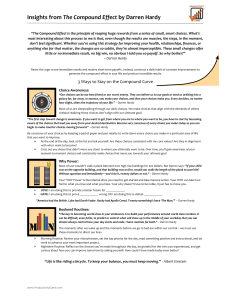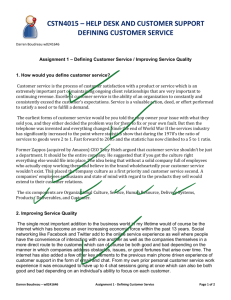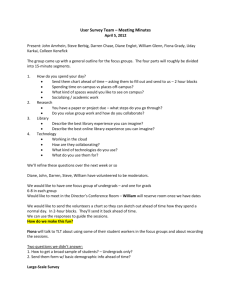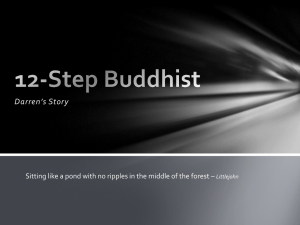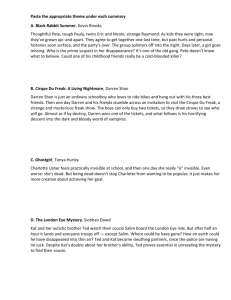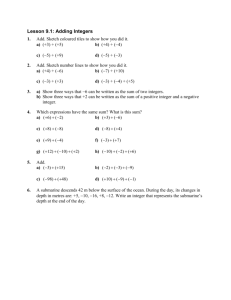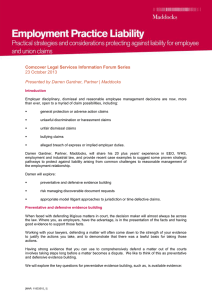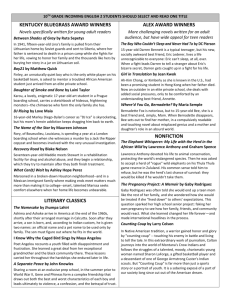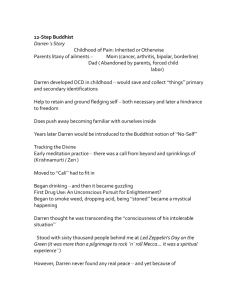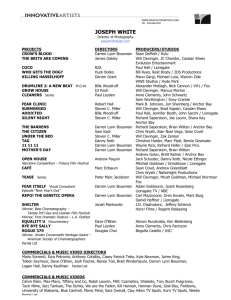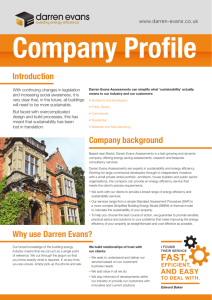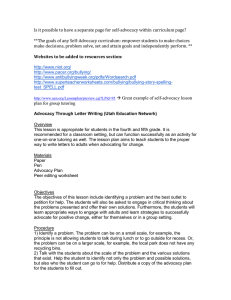Harvey Mackay Column - The Compound Effect
advertisement
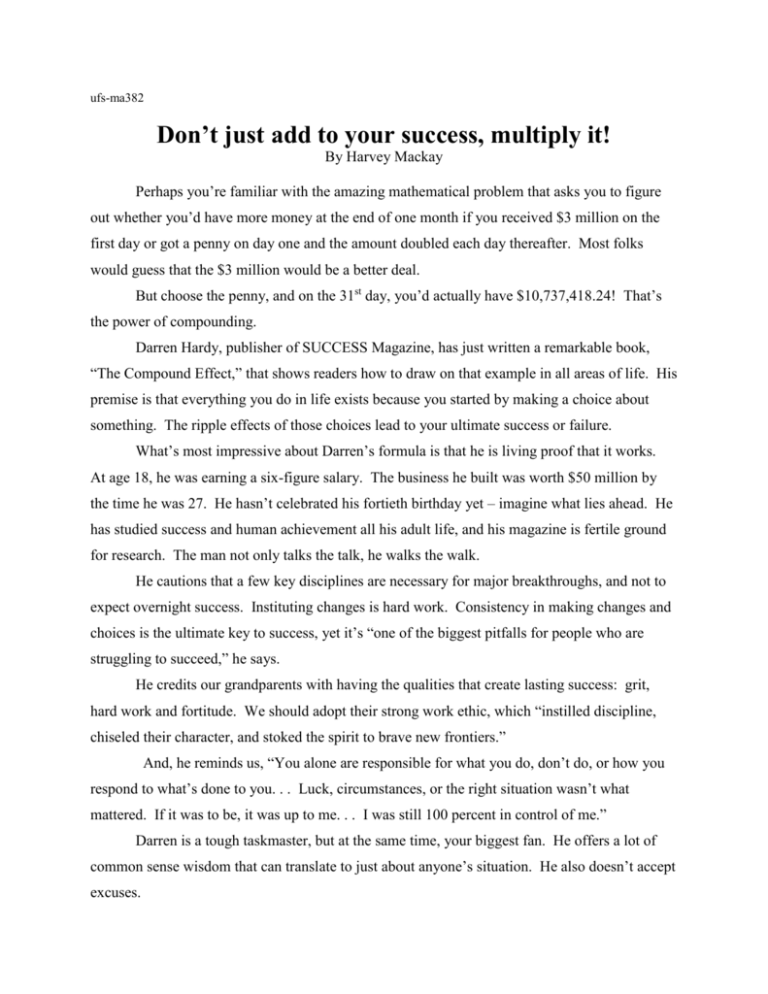
ufs-ma382 Don’t just add to your success, multiply it! By Harvey Mackay Perhaps you’re familiar with the amazing mathematical problem that asks you to figure out whether you’d have more money at the end of one month if you received $3 million on the first day or got a penny on day one and the amount doubled each day thereafter. Most folks would guess that the $3 million would be a better deal. But choose the penny, and on the 31st day, you’d actually have $10,737,418.24! That’s the power of compounding. Darren Hardy, publisher of SUCCESS Magazine, has just written a remarkable book, “The Compound Effect,” that shows readers how to draw on that example in all areas of life. His premise is that everything you do in life exists because you started by making a choice about something. The ripple effects of those choices lead to your ultimate success or failure. What’s most impressive about Darren’s formula is that he is living proof that it works. At age 18, he was earning a six-figure salary. The business he built was worth $50 million by the time he was 27. He hasn’t celebrated his fortieth birthday yet – imagine what lies ahead. He has studied success and human achievement all his adult life, and his magazine is fertile ground for research. The man not only talks the talk, he walks the walk. He cautions that a few key disciplines are necessary for major breakthroughs, and not to expect overnight success. Instituting changes is hard work. Consistency in making changes and choices is the ultimate key to success, yet it’s “one of the biggest pitfalls for people who are struggling to succeed,” he says. He credits our grandparents with having the qualities that create lasting success: grit, hard work and fortitude. We should adopt their strong work ethic, which “instilled discipline, chiseled their character, and stoked the spirit to brave new frontiers.” And, he reminds us, “You alone are responsible for what you do, don’t do, or how you respond to what’s done to you. . . Luck, circumstances, or the right situation wasn’t what mattered. If it was to be, it was up to me. . . I was still 100 percent in control of me.” Darren is a tough taskmaster, but at the same time, your biggest fan. He offers a lot of common sense wisdom that can translate to just about anyone’s situation. He also doesn’t accept excuses. In fact, he says, “There is one thing that 99 percent of ‘failures’ and ‘successful’ folks have in common – they all hate doing the same things. The difference is that successful people do them anyway. Change is hard. That’s why people don’t change their bad habits, and why so many people end up unhappy and unhealthy. “What excites me about this reality, however, is that if change were easy, and everyone were doing it, it would be much more difficult for you and me to stand out and become an extraordinary success. Ordinary is easy. Extra-ordinary is what separates people.” “The Compound Effect” is a fascinating how-to book that’s adaptable to many situations. As I think about the very successful people I know, they have put these principles into practice every day. I don’t know anyone who started at the top and worked their way up. But I do know people who have become very successful and then got a little lazy. They lost some of the discipline that propelled them to the top, and then they were surprised that things weren’t going as well as they once were. Darren addresses that issue as well, reminding us that what got us to where we are is what will keep us there. Finally, he encourages us to share our success: “Whatever I want in life, I’ve found that the best way to get it is to focus my energy on giving to others. If I want to boost my confidence, I look for ways to help someone else feel more confident. If I want to feel more hopeful, positive, and inspired, I infuse that in someone else’s day. If I want more success for myself, the fastest way to get it is to go about helping someone else obtain it. The ripple effect of helping others and giving generously of your time and energy is that you become the biggest beneficiary of your personal philanthropy.” Mackay’s Moral: (borrowed from Darren Hardy) “You make your choices, and then your choices make you.” 737 words
